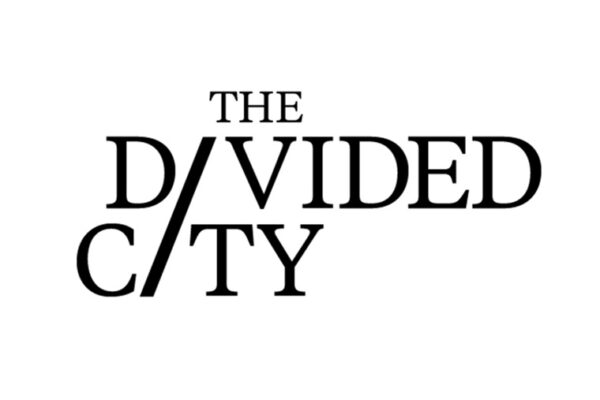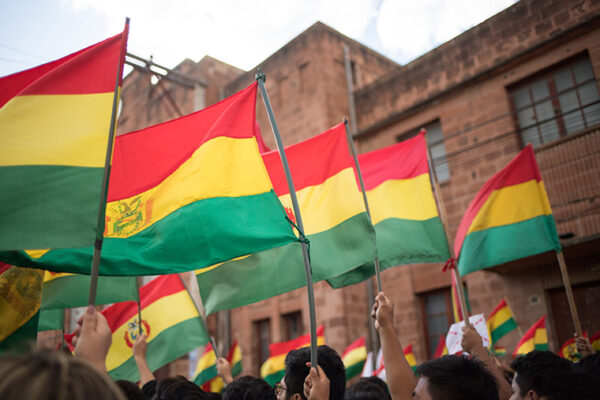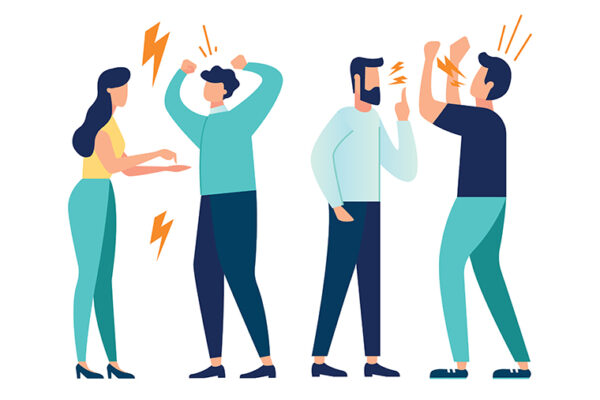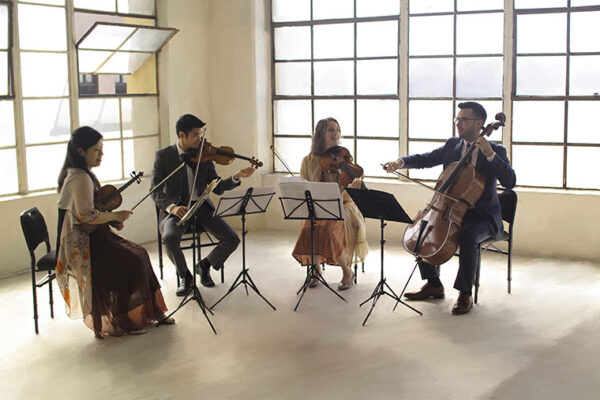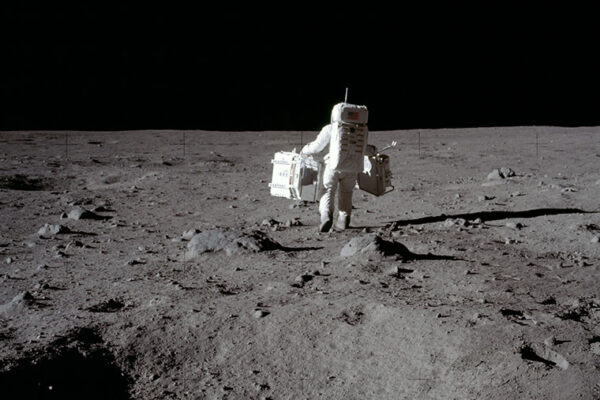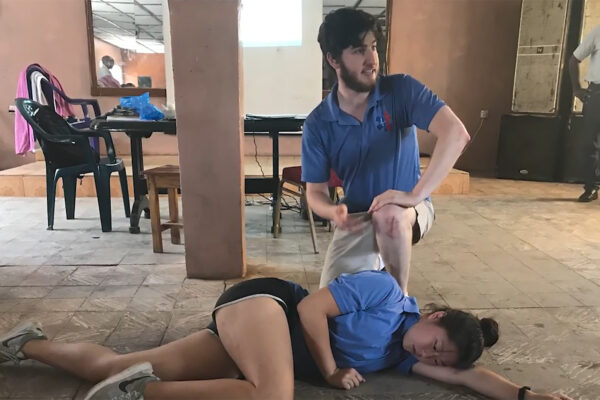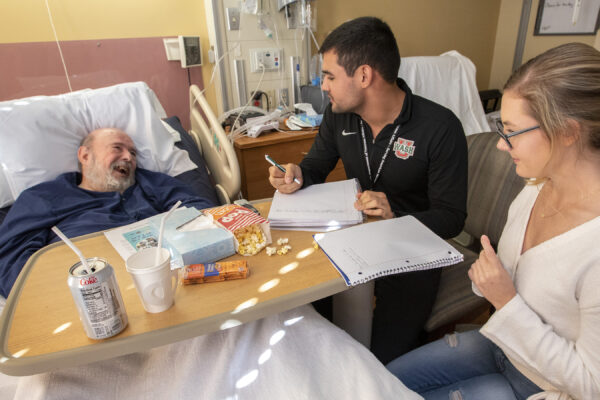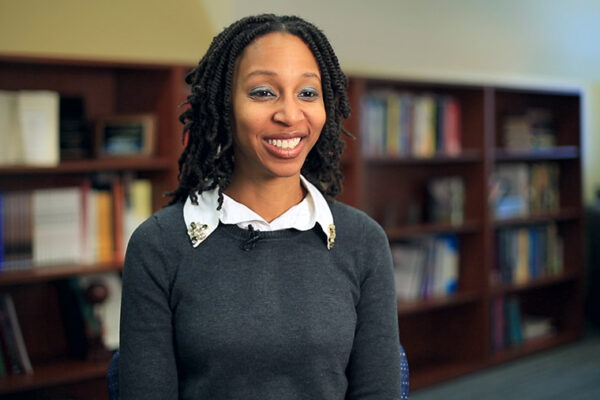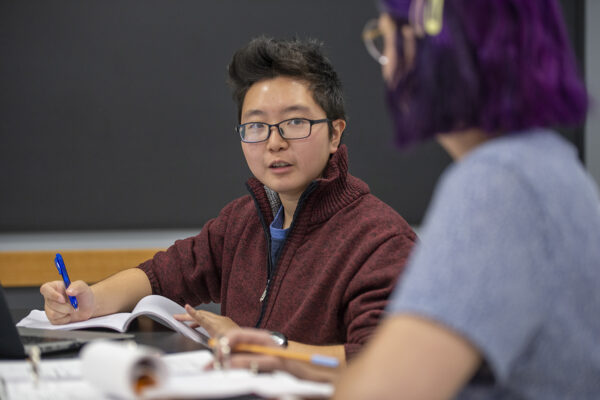The Divided City announces new faculty grants
The Center for the Humanities in Arts & Sciences and the Sam Fox School of Design & Visual Arts’ College and Graduate School of Architecture & Urban Design announce a new round of Divided City faculty collaborative grants.
WashU Expert: Political chaos in Bolivia is a ‘coup’
In Bolivia, a tangled election mess seems to have reaffirmed the popularity of leader Evo Morales. A Washington University in St. Louis faculty member says the country has propped up a new leader in what amounts to a military coup.
Toward a more civil discourse
Reappropriation — by which a group of people reclaims words or artifacts that were previously used in a way disparaging of that group — can tame uncivil discourse, finds a new study by political scientists and a law professor at Washington University in St. Louis.
‘Seasonal Music’ in the age of climate change
New York’s acclaimed Momenta String Quartet will perform a new work by Washington University’s own Christopher Stark, along with pieces by Roberto Sierra and György Ligeti, Nov. 17 in the 560 Music Center.
Investigating water ice, space weathering on the Moon
Under a five-year, $7 million cooperative agreement led by Jeffrey Gillis-Davis, research associate professor of physics in Arts & Sciences, researchers will investigate fundamental questions at the intersection of space science and human space exploration.
Teaching emergency medicine in Sierra Leone
McKelvey School of Engineering student Zach Eisner traveled to Sierra Leone, a nation with no emergency medicine, to teach 1,000 residents how to stop bleeding, conduct CPR, splint a broken bone and transport an injury victim on a motorcycle. “The taxi driver, the teacher, the person on the street — these are the people who, with the right training and support, can save lives,” Eisner said.
Connecting veterans to personalized care
Undergraduates in the Medicine and Society program in Arts & Sciences are helping St. Louis veterans create a version of their life story to be included in their official medical file. The innovative program is taking off around the nation.
Wingfield named associate dean for faculty development in Arts & Sciences
Adia Harvey Wingfield, professor of sociology at Washington University in St. Louis, has joined the leadership team in Arts & Sciences as associate dean for faculty development. In her role as associate dean, Wingfield works closely with Barbara A. Schaal, dean of the faculty, in ongoing efforts to support faculty across Arts & Sciences.
‘This is the resource I always wished I had’
In launching the St. Louis Queer + Support Helpline (SQSH), senior Luka Cai is providing the local community the support they never received as a queer teenager in Singapore. Cai and co-founder Riott Kochman, a Brown School student, will receive a Holobaugh honor for SQSH at the annual James M. Holobaugh Honors Ceremony Nov. 11.
WashU Experts on the U.S. withdrawal from the Paris Agreement
Washington University in St. Louis climate change experts react to the Trump administration decision to withdraw from the Paris Agreement on climate change.
View More Stories
